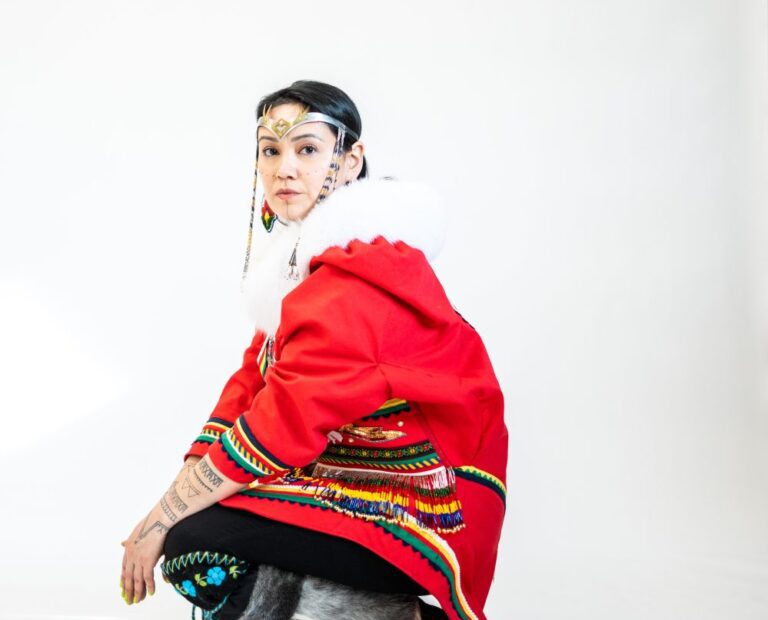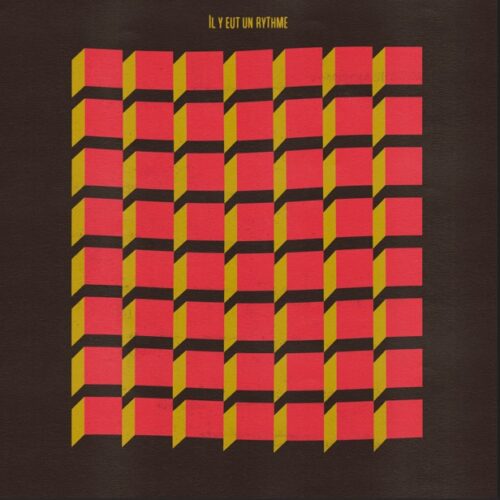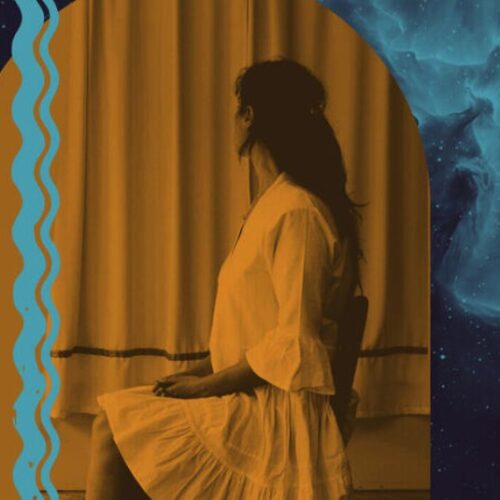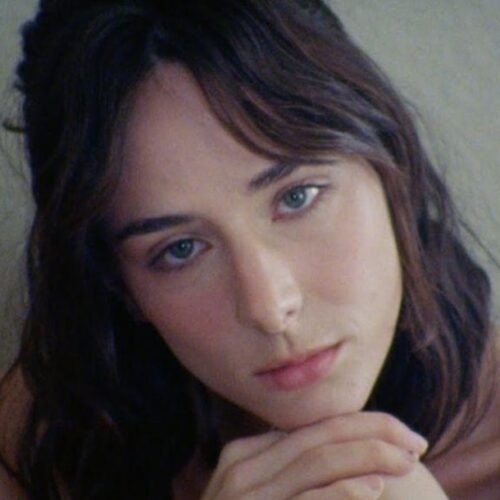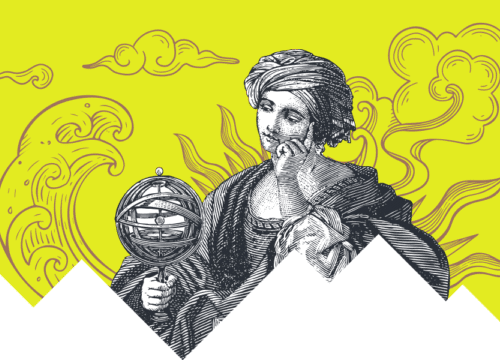Additional Information
Photo credit : Crystina Pelletier
As the pioneer of “Inuindie” music, Deer is an Inuit role model who tells traditional stories from her community and shares her personal stories as an advocate for mental health. Her latest album, Shifting, reflects on the continuous changes in her life, the human desire to survive, and the nature of love.
PAN M 360: Can you tell us what it means for you to sing in an “Inuindie” style?
Beatrice Deer: It’s natural for me to write lyrics in Inuktitut because it’s my mother tongue. It’s the language I grew up with and I still speak it today, even if I live in the city. As for the indie style, it’s just a genre I like. It also comes naturally.
PAN M 360: What do you like about the indie genre?
Beatrice Deer: I just like the way it sounds. No deeper explanation than that.
PAN M 360: How would you say singing in Inuktitut compares to singing in English or French?
Beatrice Deer: Because it’s my mother tongue, I have more confidence in what I’m saying. The meanings feel like they’re deeper to me. With English or French, which are my second languages, I still trust what I’m saying but it’s not the same level of trust with the vocabulary, definitions, and sentiments.
PAN M 360: I know that a lot of your repertoire renders traditional Inuit stories. What kinds of stories do you enjoy exploring?
Beatrice Deer: There are so many Inuit legends that I’ve heard, and the ones that I interpret are the ones that touched or shocked me. Inuit legends and myths are pretty dark and there are a lot of them. Fox, for example, I first heard when I was in grade one from my aunty, who was my teacher. It mesmerized me when I heard it – I remembered being awed by this fox turning into a woman. When I became an adult and I was trying to write songs I remembered the story and understood it better. My song Fox was actually written by Johnny Griffin, a Montreal singer-songwriter.
PAN M 360: What about that story awed you? And what do you understand better about it now?
Beatrice Deer: From what I remember when I was only six years old, I thought it was pretty magical that a fox could transform into a woman. She stayed with this hunter and did housewife things like preparing food, cleaning, and sewing. As an adult, knowing the full story better, it has a dark ending where the hunter kills the fox because she ran away from him.
PAN M 360: What appeals to you about the darkness and the legends of the myths?
Beatrice Deer: It’s not something that I’m attracted to, it’s just the aspect of storytelling as an Inuk because storytelling was such a big part of our culture. That’s what I want to keep doing and preserving, not necessarily the dark ending of the legend. Singing is just my way of continuing storytelling.
PAN M 360: You’re very open at your concerts and speaking engagements about having overcome a lot of obstacles in your life and musical career. Can you tell us about some of what you’ve overcome?
Beatrice Deer: I’m sober since July 2011. I used to have an alcohol dependency and I made a choice to quit drinking completely. I wasn’t a big drug user but I also decided that I didn’t want to do that either. As with many Indigenous and Inuit people, there’s a lot of loss in our family through suicide and tragic deaths. That’s part of intergenerational trauma that we’ve lived through stemming from colonization. It’s still something we experience to this day: we have a high rate of suicide among our people
PAN M 360: How do you address that in your music?
Beatrice Deer: I don’t specifically say it in my lyrics, but I talk a lot about the hardships that I’ve experienced and lived. I talk about how I’ve had suicidal thoughts before, and how I felt hopeless. In the songs, I write about hope and finding my path, my calling, my purpose.
PAN M 360: That’s kind of reflected in your latest album, Shifting, which is a lot about “the process of becoming in life.” You say specifically in the abstract that you’re in a period of shifting from one period to another. How do you see your life and path shifting now?
Beatrice Deer: I see life as always changing. It shouldn’t be stagnant because we’re supposed to be evolving into our true, authentic selves. If we’re not then there’s a problem, so I’m always in the pursuit of trying to understand myself better. If I’m in a place mentally, emotionally, and physically that I don’t want to be in, I always try to question that – I ask why it’s like that and how I can move from there to where I want to be. If it’s emotional I seek advice from therapists and people I trust. If it’s physical ailments then I talk to my doctor and look for ways to feel better. I always try to stay proactive.
PAN M 360: What does it mean for you to be able to perform at concerts like POP Montreal?
Beatrice Deer: It’s great because I know POP is very reputable. It’s great that they support me as an artist and an Inuk. I’m very much looking forward to it. I like playing in Montreal because it’s where I live.
PAN M 360: Do you feel that being able to perform at these shows gives you the ability to present yourself as a figure for your community?
Beatrice Deer: Because of the advocacy work I do in promoting mental health, emotional health, and sobriety, I’m seen as a role model by my fellow Inuit and I’m very honoured to be seen that way. So I guess?
PAN M 360: Thank you so much for your time. We wish you all the best with your concerts and speaking engagements.
Beatrice Deer will perform on September 30 at Théâtre Outremont at 8 PM. INFO AND TICKETS HERE.
